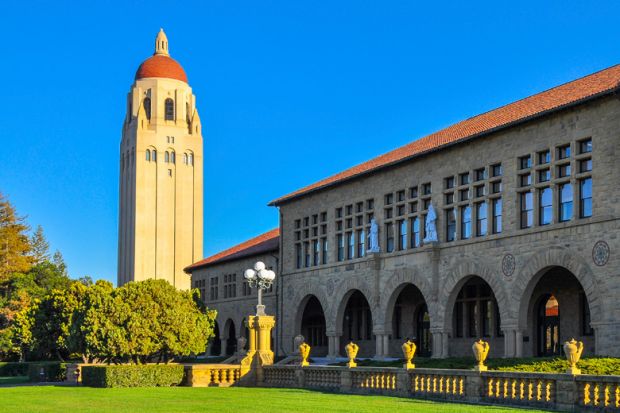In the properly-heeled district of Clifton in Bristol, with its Georgian crescents and French brasseries, 100% of faculty leavers visit college. Yet in the southern suburb of Hartcliffe, the figures are the bottom in the United States: simplest eight.6% Make it there. This is the divided face of Brexit Britain.

Bristol University, part of the Russell Group and a favorite amongst personal college students, has long been on Clifton’s privileged coronary heart. But it has radical plans to tug inside the deprived communities to the south and east, beginning with a campus on what its control calls “the wrong side of the tracks.”
The college changed into one of the first to introduce “contextual gives” – decrease grade requirements to students from a list of faculties – again in 2009. It wants to go further by introducing bendy publications designed to appeal to people in deprived neighborhood districts, even though they haven’t done properly at school.
Bristol’s deputy vice-chancellor, Guy Orpen, says: “Overall, this town voted in opposition to Brexit – 60% voted to remain. But inside the peripheral suburbs like Hartcliffe, they voted to leave. They’ve had a terrible experience of the 21st century, and I don’t blame them for being angry about how things have turned out.” The new Temple Quarter campus can be constructed at the city east of Bristol Temple Meads station, at the web page of a famous local eyesore– a post sorting office that had lain derelict for two decades. “People on that facet of the metropolis don’t have to get entry to the town center, and lots of youngsters will develop up by no means going there,” says Orpen.
“Transport is fragmented and negative. Many young people don’t have a 6th form they can get to. It is only some miles away from us within the city’s west; however, it is a distinct world.”Bristol’s plans aren’t pushed via altruism by myself. According to the Higher Education Statistics Agency, in 2017-18, one-third (34%) of its college students had been from private colleges. The Office for Students, the university regulator, is leaning on institutions – particularly those at the elite quit – to demonstrate that they may be focused on capability college students from disadvantaged backgrounds.
Bristol became the first college to announce plans to expand considerably when the government removed the recruitment cap in 2015. The new campus, which aims to house 3,000 students, represents a second massive growth. It could be eyed with trepidation through other nearby universities that already accept students – and their £9,250 a 12-month costs – with lower grades.
The new campus may be near one of the city’s most deprived areas, Barton Hill, unlike Hartcliffe, a particular black and multi-ethnic district with a wide variety of Somali citizens. The council has calculated that 46% of kids are impoverished. Joanna Holmes, CEO of the Barton Hill Settlement, a network center presenting services from legal advice to bringing people together for barbecues, says that over in Clifton, the college is unreachable in more ways than one. “It is symbolically posh,” she says. “This new campus feels just like the university coming down the hill to the rest of the people.”
Holmes’s settlement turned into a real installation with the aid of the university in 1911. The concept then was that Bristol staff and college students could stay there and spread enlightenment: it turned into an appreciably liberal community, supporting campaigns such as votes for girls and feeding the households of neighborhood workers once they went on strike. But the connection dwindled, and the college hasn’t had something to do with Barton Hill for a reason since the Seventies.
That is all about trade. In addition to the new campus opening in 2022, the university plans a “micro-campus” in brightly painted transport containers within the Barton Hill settlement for folks who find the complete university concept a step way. It may have three bins to educate its students. Upstairs might be tiny bedsits for people who want to observe but need a place with a low rent or far away from complicated conditions at home to make that viable.
Holmes says humans in her community aren’t brief of aspirations. “Many of our households have adults running three jobs between them, running all hours of the day and night. They get primary qualifications, after which they drop out of the device because there may not be anything that suits their lives. It makes it tough to break out,” she says.
“We are saying to neighborhood mums, ‘Don’t simply do as many cleaning jobs as you may so your kids can visit college. You can go too.'”
Tom Sperlinger, professor of literature and engaged pedagogy at Bristol, has been tasked with finding methods of pulling human beings from deprived communities, including Barton Hill and Hartcliffe, into the new Temple Quarter campus. He is operating on an enterprise case for a brand new bendy diploma for local human beings. The plan is to take a quick direction in one of the Barton Hill delivery packing containers – or inside the neighborhood library in Hartcliffe – and get 30 credits that rely closer to a degree. “If you do this to your nearby library and discover it’s possible and no longer all that scary, it maybe seems less horrifying to think about going to the main campus,” he says.




